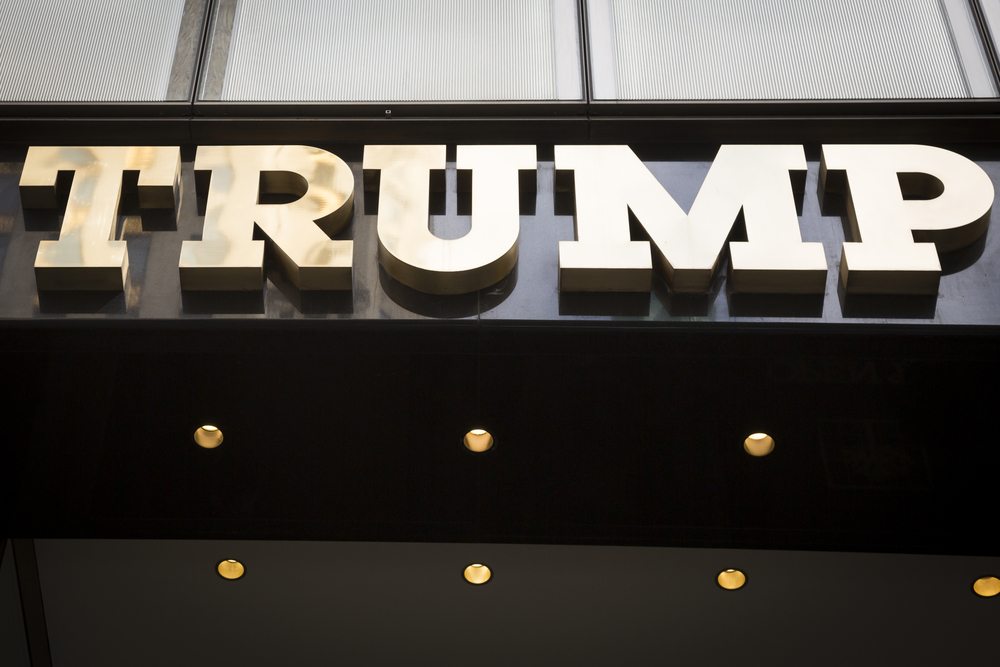Key Takeaways
– Trump’s federal police action in DC could be a test of how much power he can grab
– Young people face harsh arrests for minor offenses in a compact city
– DC lacks its own prison system so youths go to distant facilities
– Federal control may limit DC laws and drain its strong budget
– Experts warn this move could put DC under direct federal rule
First, federal officers arrived in DC after protests and unrest. Local police fell under direct federal control. Residents saw teens removed from streets for small missteps. They reported rough treatment for loud music or legal marijuana use. This action showed how compact DC feels the full force of outside power. It also revealed how easily local rights can yield to national influence.
Federal Forces Arrive
In DC city leaders faced federal officers patrolling the streets. The change came fast with no clear exit plan. Local authorities lost control of key law enforcement tasks. Many residents felt surprised and confused by the new presence. They saw armored vehicles and unfamiliar faces at street corners. In contrast, other large cities saw minimal impact on daily life. Yet DC size and density made every action highly visible.
Impact On Young People
Importantly, teenagers bore the brunt of this shift. They faced arrests for minor rules like loud music on public corners. They also risked charges for small amounts of a substance that is legal in DC. Parents noticed youth appearing in federal custody instead of local jails. These encounters can include physical force and quick handcuffs. As a result, families worry about long lasting scars from early arrests.
Risk Of Adult Charges
Moreover, DC has no dedicated youth prison system. Therefore, once teenagers enter the justice system they often face adult charges. Federal leaders hinted they want more juveniles to answer as adults. This policy means young people move far from home to distant facilities. It can hurt their education and mental health. It also cuts their ties to friends and family who can support reform.
Financial Motives And Autonomy
What people must consider is that DC holds a large budget for its size. Local tax income and federal contributions have built strong city coffers. Yet federal control could give outsiders power over that money. Leaders from outside DC have a history of stepping in when budgets grow too large. Past boards ran city spending and removed local officials. Now federal police might signal broader financial oversight and rule.
A Political Football
Over decades, DC issues moved from one out of state board to another. Past steps limited local power under the guise of reform. Now some experts see federal law enforcers as a new form of direct rule. This move can strip local lawmakers of key decisions on schools and public works. It can also change how city funds serve residents. Ultimately it can reduce DC self determination in its own house.
Long Term Consequences
Looking ahead, the federal test in DC sets a precedent for other cities. If it succeeds here it may roll out nationwide. Local leaders in large states could face surprise federal troops for any reason. As a result, protests may draw national police instead of local forces. Citizens may feel less safe and more watched. They could also lose the ability to shape laws at home.
Resistance And Response
City residents and leaders must prepare for this test. They can protest in council meetings and write to members of Congress. They can demand clear rules on when and how federal officers may operate. They can also push for youth protections to keep teenagers in local courts. And they can urge laws to forbid sending young people to far away prisons.
Lessons From DC
This event shows why local control matters in a democracy. Local leaders know their neighborhoods better than distant powers. They can tailor rules to match community needs and customs. They also share history and culture with their residents. When outsiders take over, that bond can break and trust can fade. Citizens may feel their voices no longer count in decisions that affect daily life.
Moving Forward
In the end, DC’s turn under federal police forces serves as a warning sign. It warns other cities that federal overreach can come at any time. It also highlights the need for clear limits on national power at home. Moreover, it shows why youth justice must stay in local hands. To protect young people, communities must guard their own courts and prisons.
Call To Action
Therefore, residents lawmakers and advocates must watch closely. They must list specific rights that remain off limits to outside forces. They must also define how long any federal takeover can last and who must approve it. In addition, they must protect local budgets from outside spending cuts. Finally they must stand united to keep their city in their own hands.
Conclusion
DC’s recent police change marks more than a local shift. It may begin a broader push to reduce local self rule across the country. Young people risk harsh treatment far from home. And national leaders may eye DC’s strong budget for their own gain. As a result, every community should heed what happened here. They should act now to secure local rights protect youth and preserve democracy in every city and town
